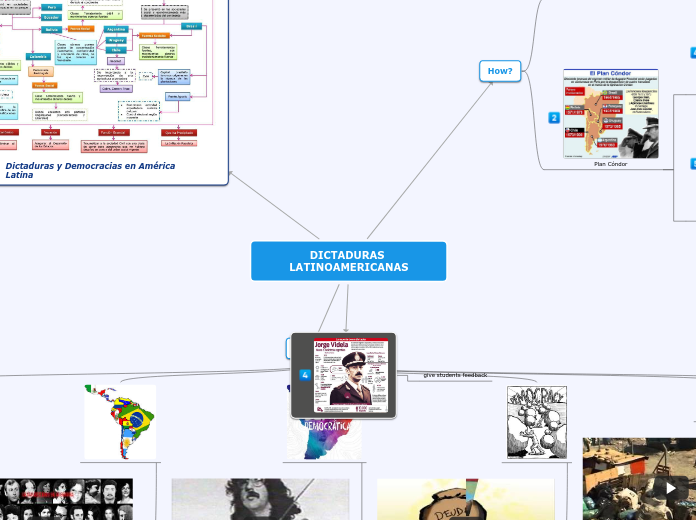START HERE
Patient Opinion Website
Your Marketing Mix
Place
(where you are selling it) e.g. physical attendance is necessary so concentrate your efforts on the surrounding area within a 20 min drive or 30 min bus ride. What is the demongraphic of this area? What do they need? Alternatively think about can you make your service more accessible by varying where you deliver it?
Joint Stratigic Needs Assessment
Promotion
(how you are making the target audience aware of your service) e.g. advertising a private practice in the local press; starting your own webpage; telling the local GP about your serviceand convincing him/her that is a clinicallly god and cost effective choice for referrals; or simply chatting about the effectiveness of physiotherapy to acquaintances, friends and family. Whatever methods you use, DO focus on the benefits for the target audience; keep wording short & simple; keep branding, images & messages consistent; keep web pages up-to-date; and make it easy to enquire by email and/or telephone e.g. by producing business cards. DON’T produce long, wordy or overly technical leaflets, adverts or text for email/hard copy direct mailings – this simply puts distance between you and your target audience. You want them to feel that you understand them and their needs, not that they cannot possibly understand you or your profession!
Product
(what you are selling) e.g. highly effective & user-friendly physiotherapy service. This is your opportunity to identify the strengths in your service and address weaknesses.
Price
(what it costs) e.g. 30 min or 45 min sessions at what package price or it may be higher effectiveness for less cost
Promote, Protect and Develop your Services
Money - How to maintain funding or profits for your services
Independent Practitioners incl Charities
Working with the NHS
Promoting to internal stakeholder
Private Practitioners
Working with NHS
Growing your service
Wales
Health Commission Wales
Local Health Boards and NHS Trusts
Scotland
NHS Health Boards and Community Health Partnerships
Northern Ireland
Commissioning Directorate
Regional Commissioning Office of the Health and Social Care Board
Health and Social Care Board
England
Clinical Commissioning Groups generally led by GP Consortia.
Health and Wellbeing Boards
Health and wellbeing boards will be a forum for local commissioners across the NHS, public health and social care, elected representatives, and representatives of HealthWatch to discuss how to work together to better the health and wellbeing outcomes of the people in their area.
Clinical Networks
Clinical networks will be specific to client group, disease group or professional group. They will undertake a range of functions including supporting improvement in pathways and outcomes of care. They differ from clinical senates as they intend to bring together a range of clinical experts from a range of specialties and professions to provide independent advice on improvement and quality of care.
Clinical Senates
Clinical senates are expected be a way of bringing clinical leaders together across broad areas of the country to provide a vehicle for cross specialty collaboration, strategic advice and innovation to support commissioners. They will have an enabling role for both clinical commissioning groups and the NHS Commissioning Board. Senates may provide part of the way for CCGs to meet their proposed statutory duty to secure advice from a wide range of health professionals, but they will not have a right of veto for plans.
There is likely to be approximately 15 clinical senates. Who will be part of them and what their specific roles will be are all yet to be determined.
Patients - ensure your patients are happy customers and are ambassadors for your services
Patient and Potential Patient Information
At the right place – the Internet; GPs surgeries; your clinic; local libraries etc
In the most appropriate formats to maximise accessibility– Internet; leaflet; audio; easy to read; etc
In the most appropriate way – ensure that information is provided through a range of channels so that it is accessible and convenient
At the right time – ensure that information is tailored around the specific needs of the patient when they first come into contact with your service
Obtaining Feedback from Patients
Resources
References and Additional Reading
Leaflets
Checklist of what Patients may Need to Know
Social Media Considerations
Website Considerations
Physiotherapy Works
Promotion Plan
Audience Profiles
Key Performance Indicators
Marketing Strategy
Influencers - How to promote your services to stakeholders who can influence your future success
How to Nurture your Influencers
Speak to their areas on interest
Look at your local JSNA (Joint Strategic Needs Assessment)
Arrange visits to Influencers
Do Informal Marketing
Use success stories
Language
Don't baffle them with physiotherapy terminology
Use language which evokes the 'personality' of your service
Use the vocabulary of your audience
Be concise
What aspects of your service can you sell to influencers?
Shorter waiting lists
Motivate staff to work with you to make improvements
A positive vision of the future of how you plan to improve what you already do well
Reduction of sickness absence
Reduction in readmission figures
Patient appreciation of your 'Patient Centred Care'
Raising the profile of an organisation
Economic efficiency
Who are the influencers?
Nursing home / residential facility managers
The Press
Head teachers
Sports Clubs
Large employers
Patient Organisations
GPs and Consultants
Internal stakeholders









